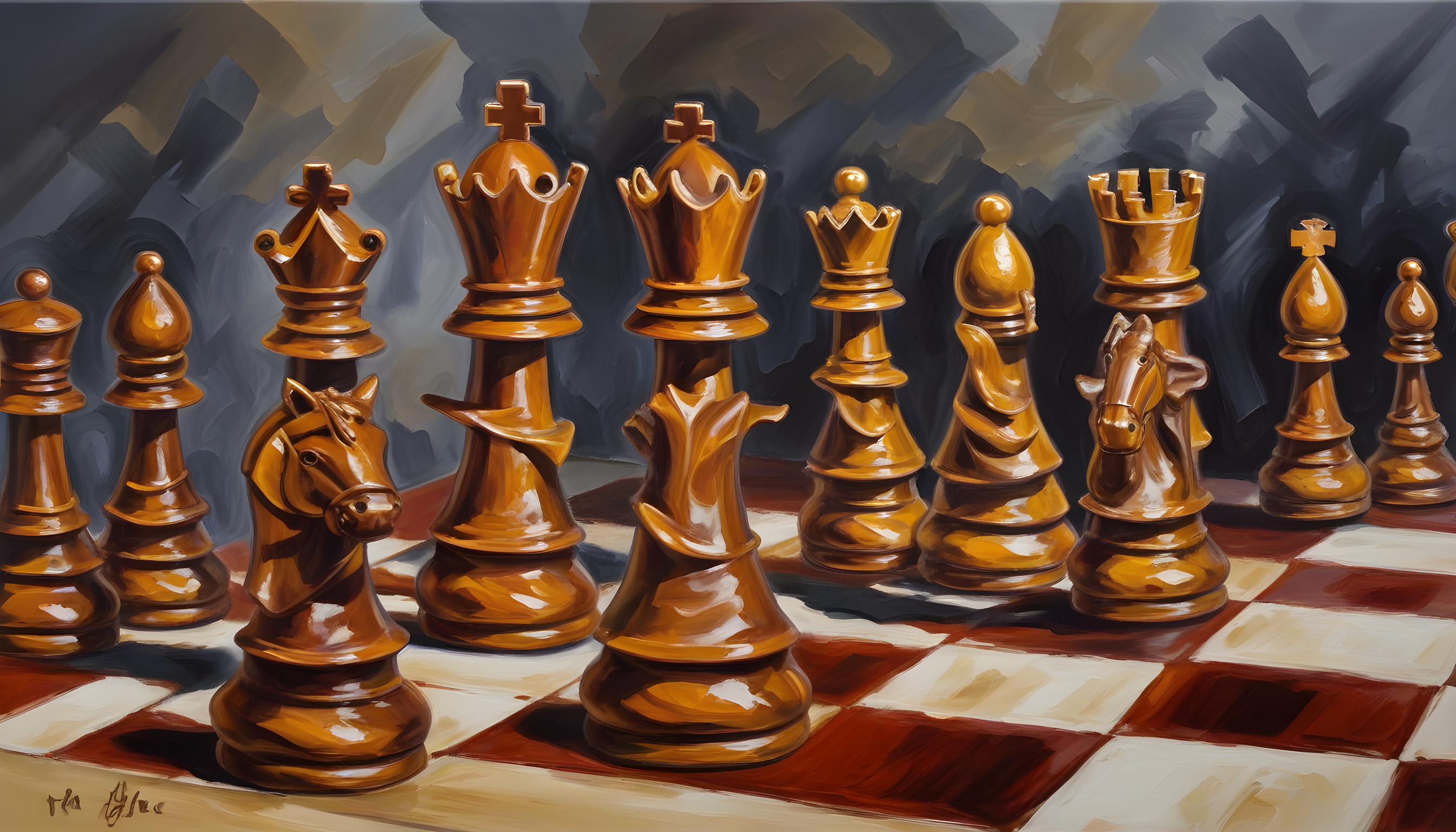Chess is one of the most recognizable games in the world. According to a survey conducted by YouGov, 40% of American adults know how to play at a beginner level or better. Chess also boasts a robust following online. Shows like, The Queen’s Gambit and GM Hikaru Nakamura’s stream have blown up in popularity over the last few years. Whether that’s due to the game’s channelable fascination or simply a recognition of a niche interest, chess has reclaimed its status as an art form with a growing following of fans.
While the internet has provided a home to countless chess-themed shows and streams, books and magazines are still the most common sources for information about the game’s history and rules. The instructional books My System by GM Aron Nimzowitsch and Think Like A Grandmaster by GM Alexander Kotov are both classics that have stood the test of time. They aren’t just useful for learning how to play, however; reading them is just as much an experience in itself, a way to immerse yourself in the world of chess, to take on the mental challenge and become the king of your own kingdom.
Although the game’s popularity has surged, popular perception of chess players (especially titled ones) is surprisingly stagnant. The stereotype of antisocial, serious people is still intact, and while the Botez sisters and Niemann’s beads have subverted it slightly, that remains the general expectation.
That stereotype isn’t entirely fair to chess players, though. Many of them are passionate about their craft and dedicated to mastering it. Some rely on it as their sole source of income, and it’s easy to see why. The game is incredibly complex and requires an immense amount of mental energy to play. It can even lead to depression if not played well enough.
Chess also satisfies a number of fundamental human needs, Dorman says. For example, it provides a sense of meaning and purpose, as well as a social network for fans to connect with each other. It can even provide a sense of belonging, since chess clubs are often highly social spaces where members are bonded by their shared interests.
Chess culture is thriving in the modern digital age, and it seems poised to expand further in the future. In particular, live betting on chess events is becoming increasingly popular, and it could eventually be as big as football or tennis betting. It would require a change in public perception of the game, but it’s not impossible. The same principles that govern sports betting could be applied to chess, and there are already several reputable online gambling sites offering live chess betting. As long as it’s done responsibly and with caution, it’s an exciting prospect for chess lovers everywhere.




